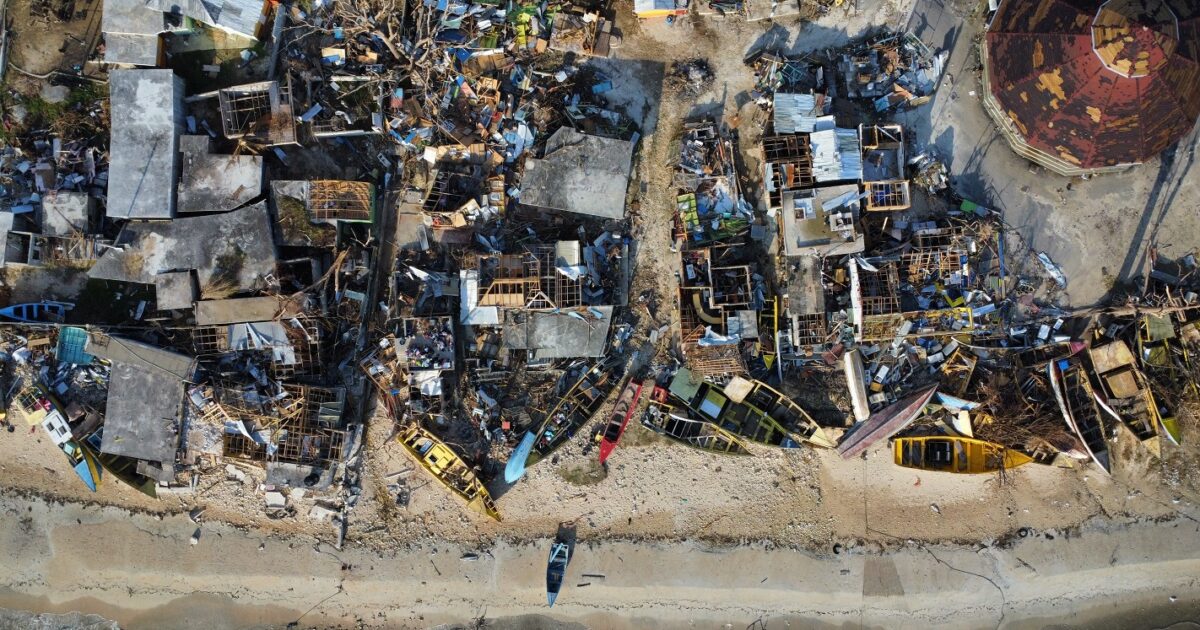THE typhoon Melissa caused many casualties and widespread destruction in the west Jamaica. According to a United Nations Development Program (UNDP) satellite analysis, the storm left more than 4.8 million tons of debris blocking roads, blocking access to schools, hospitals and clinics, farms and markets, delaying the delivery of humanitarian aid and the restoration of basic services.
The category 5 hurricane hit Jamaica on 28 October and tens of thousands of homes were damaged, particularly in the St Elizabeth and Westmoreland regions, where entire towns were leveled and up to 90% of buildings were affected in some areas. UNDP’s AI model estimates that up to 32,500 people may have been internally displaced.
“Entire communities are surrounded by debris,” said Kishan Khoday, UNDP Resident Representative in Jamaica. “Debris removal is critical to kick-starting early recovery, restoring safe access to homes and infrastructure, and re-opening essential services. We must act quickly, because delays mean road closures, paralyzing vital services, lost income and increased suffering for those most affected by the storm.”
UNDP estimates that the volume of debris is equivalent to about 480,000 standard truck loads. It includes approximately 2.1 million tons of construction debris, 1.3 million tons of plant matter, and 1.4 million tons of personal property waste. These are minimum estimates based on the latest data from UNOSAT and Copernicus, which are expected to be revised upwards as additional analyzes and field assessments are completed.
The disaster highlights how the intensifying effects of climate change are leading to more frequent and severe natural disasters — an urgent reminder, as the world gathers this week for COP30, of the need to boost investment in disaster risk prevention and preparedness globally.
These events highlight the growing pressure of the climate crisis on Small Island Developing States, which are experiencing increasingly frequent and severe storms, floods and droughts. In addition, they highlight the urgent need for donor funding to support early recovery measures that will help communities rebuild, restore livelihoods and strengthen their resilience to future shocks. With a 50-year history on the island, UNDP provides support to Jamaica, including damage assessments and recovery planning to restore jobs and incomes, remove debris, repair infrastructure and ensure access to essential services.
The effects of the hurricane are being felt throughout the Caribbean. In Cuba, nearly 3 million people are experiencing disruptions to services, damage to homes and destruction of agricultural crops. Haiti, the Bahamas and other islands are also reporting flooding and widespread damage. UNDP is working with governments across the region on recovery efforts.
